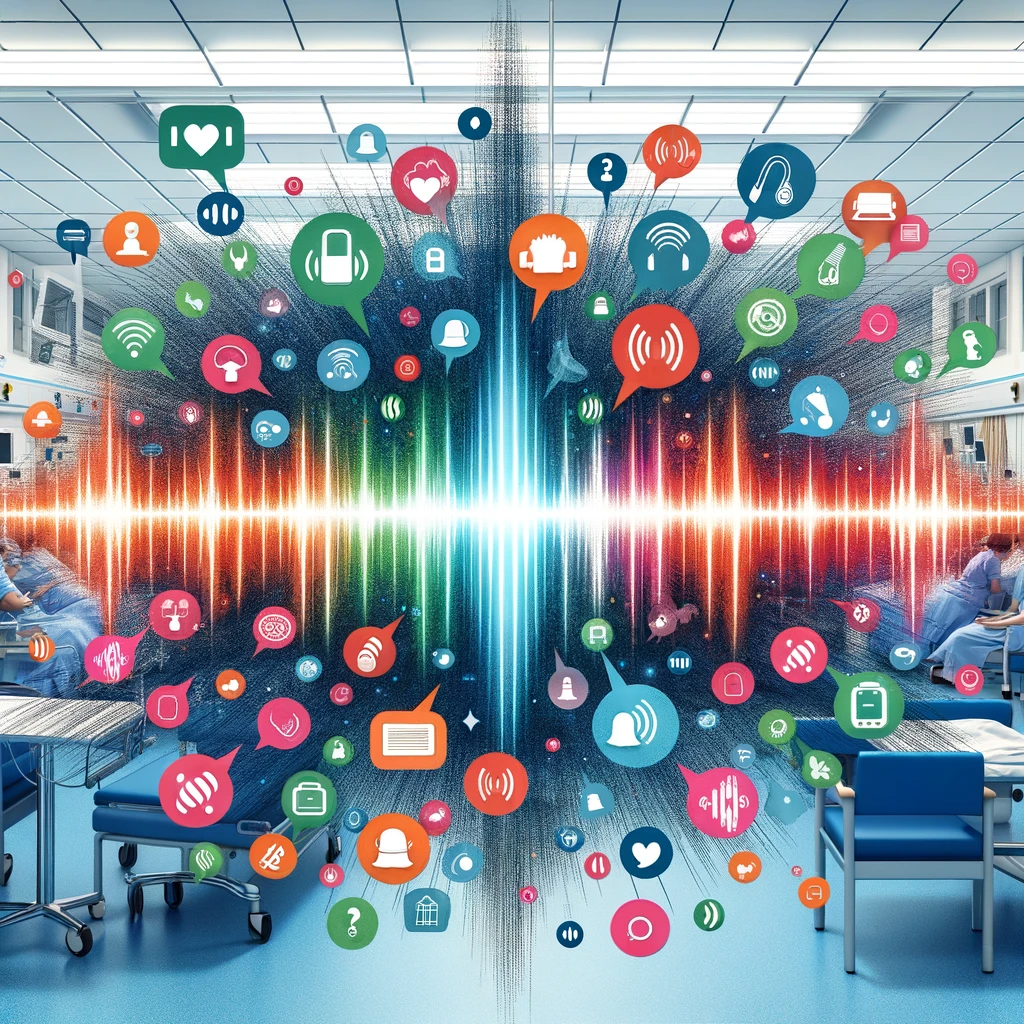
It’s no secret that hospital wards are often a hub of activity, with medical professionals bustling around, machines whirring, and alarms beeping. Amongst this cacophony of sound, timely response to alarms is more than just a procedural necessity—it’s crucial for patient outcomes and their overall well-being.
So, how exactly does a swift response to these alarms make a difference?
The primary purpose of bedside alarms is to alert healthcare professionals to potential issues. A rapid response can mean the difference between a simple intervention and a life-threatening situation. For instance, if a patient’s oxygen levels drop, immediate action can prevent further complications or even fatality.
Imagine lying in a hospital bed and hearing an alarm, not knowing what it signifies or if it’s even coming from your equipment. The longer it takes for someone to attend to it, the more anxiety builds. When medical professionals respond promptly, it reassures patients, alleviating their stress and concerns.
A frequent complaint from hospital patients is disrupted sleep due to alarms. Swiftly addressing these alarms allows for fewer disturbances, leading to better sleep. Adequate rest is paramount for recovery, playing a vital role in healing both the body and mind.
When patients witness consistent and quick reactions to alarms, it reinforces their trust in the healthcare system and professionals attending to them. This trust is foundational for a positive patient-clinician relationship, which has been shown to influence patient outcomes significantly.
Responding to alarms promptly ensures medical devices function optimally. Devices that are not addressed in time might malfunction or provide inaccurate readings, potentially endangering patient health.
In essence, while alarms are critical tools in patient care, the timely response to them is equally, if not more, vital. It not only optimises medical care but significantly influences the overall hospital experience for patients, paving the way for swifter recoveries and enhanced trust in healthcare systems.
If you’d like to know more about BEAMS and how we can help mitigate this issue, please feel free to watch our video here.